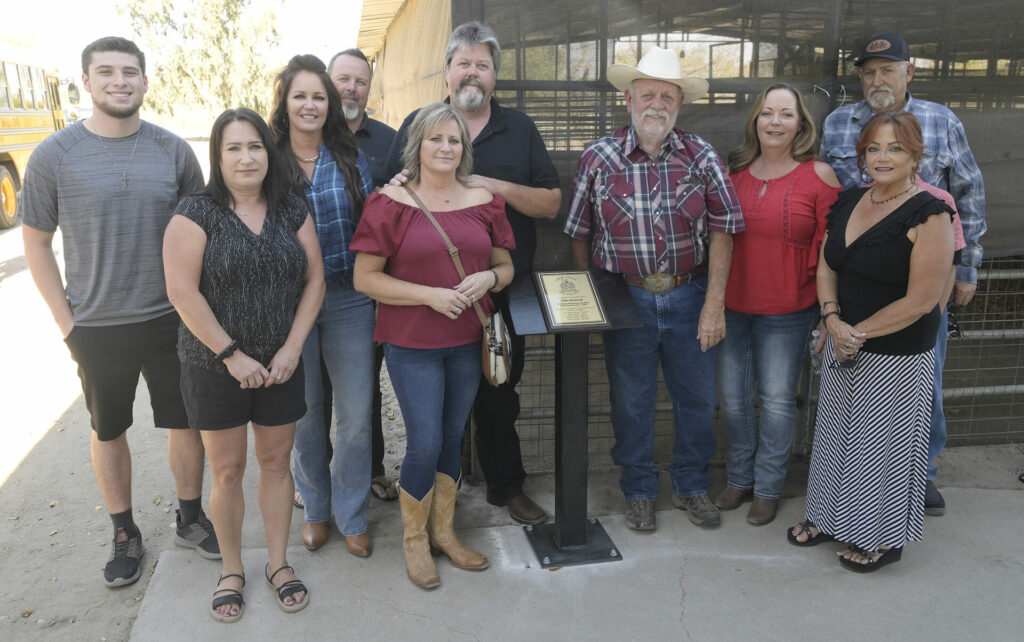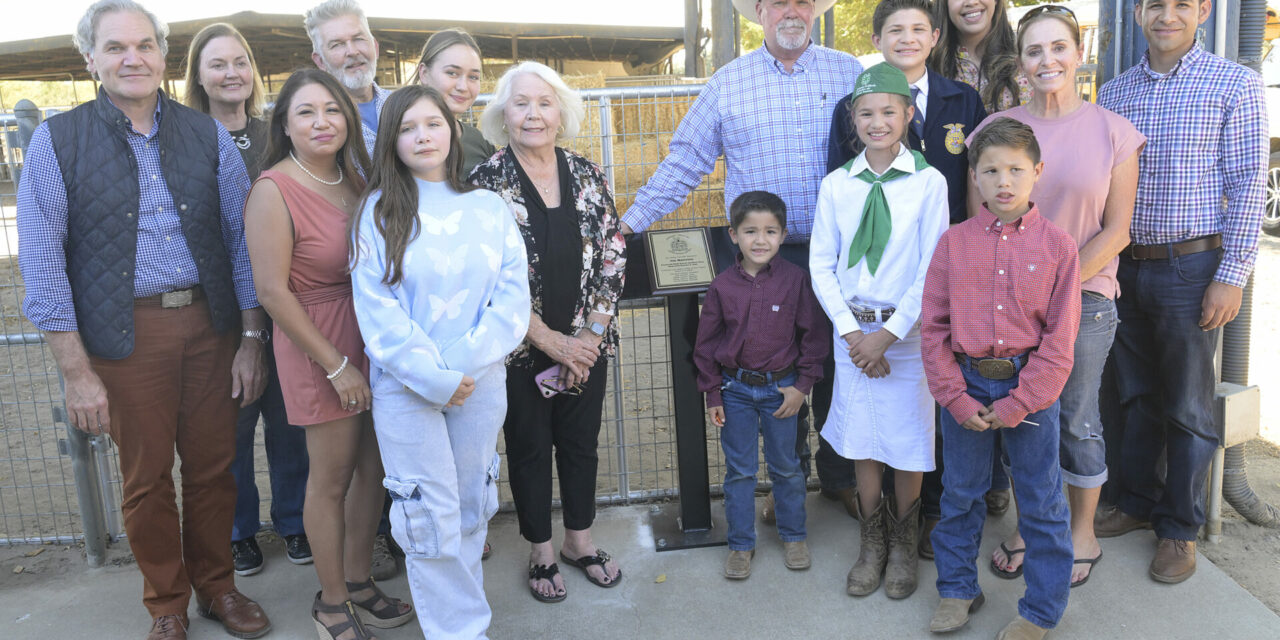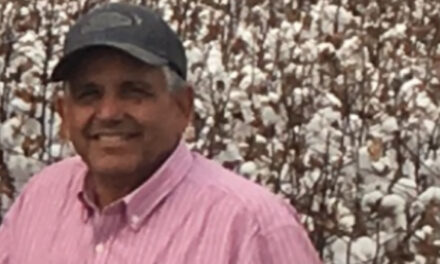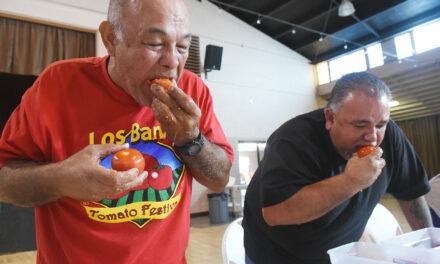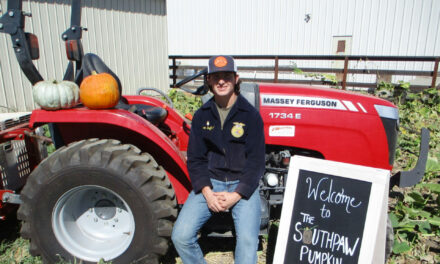Two well-known Westside farmers who have devoted countless hours to the youth of Firebaugh as well as promoting local agriculture were recently honored by the Firebaugh/Las Deltas Unified School District.
The Ag Barn at Firebaugh High, which is the home of the school’s very successful FFA program, has been dedicated to John Diedrich. Also, the high school’s Ag Show Ring has been dedicated to the late Jim Maiorino.
Raised in Oxnard, California, Diedrich is part of a large farming family. He started working on the family farm at the age of 12.
In 1966, he moved his family to Firebaugh to start farming with his four brothers. Still very active, Diedrich has grown tomatoes, beans, and cotton. Now, his focus is on almonds.
When Firebaugh High School opened in 1976, Diedrich and some of his fellow farmers were instrumental in the creation and completion of Firebaugh High’s FFA program.
“The original plan for Firebaugh High School did not include an agricultural program,” explained Firebaugh schools superintendent Ray Mendiola. “The community members felt that not having an Ag program was not an option. The work to ensure that FHS had an agricultural program began when the community responded with a strong show of support. Mr. Diedrich’s passion for an agricultural program for our students and community showed throughout the process of presenting plans and committing, time, energy, and money to support.”
After the school’s Ag program was up and running, Diedrich continued his work as a leader of the Firebaugh Ag Boosters, a group that directly supports the needs of the Firebaugh FFA.
“Mr. Diedrich made sure that the FFA program was student-focused and well supported,” commented Mendiola.
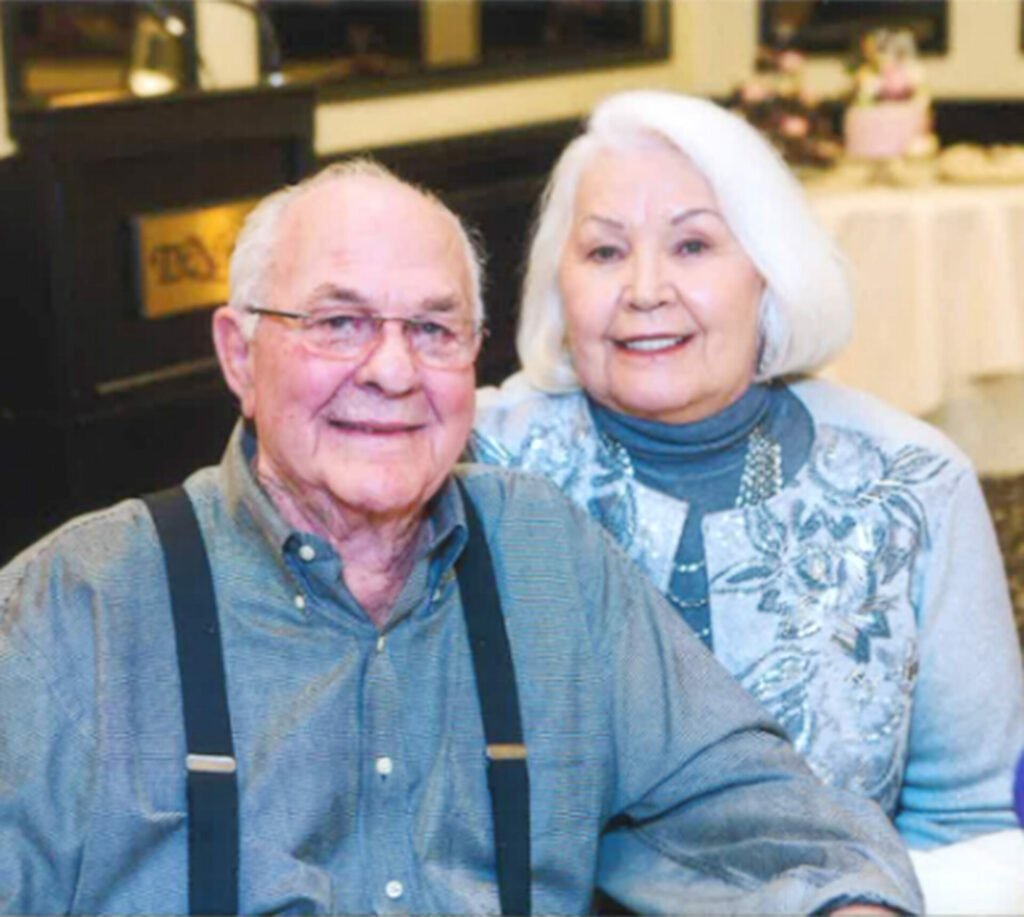
One of the stalwarts who worked with Diedrich was Maiorino.
“Mr. Maiorino knew that students would learn from hands-on experience,” Mendiola said. “He also knew that this vision of using a metal shop structure to learn mechanized agriculture was going to take some work. One challenge was turning that structure into a building that matched the rest of the school while helping the district embrace the idea of a new agriculture department. It is not clear if he, Mr. Diedrich or the other community members knew how difficult this would be. Fortunately, the passion and persistence that was necessary for this vision to become reality remained with Mr. Maiorino his entire life.”
Besides his volunteer work at the high school, Maiorino was also the leader of the community’s 4-H program. He opened his property up to local youngsters to raise and store animals, as well as teaching them how to care and show their projects.
“He didn’t care who the student was or where the student came from. He expected excellence from everyone and believed that everyone could achieve excellence,” said Mendiola.
